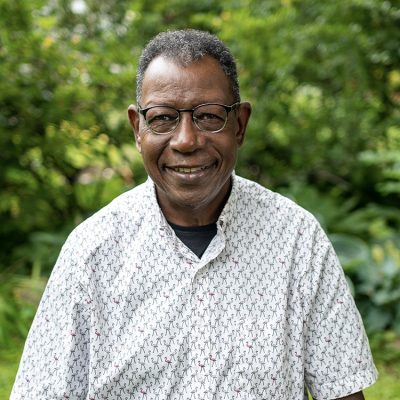Warren King
Adjunct Professor
 Seward Co-op is a vital community asset that has an important role in changing the current food system. I am motivated to run for the board and to be an owner, to realize a future food system that is more equitable, justice, affordable and sustainable.
Seward Co-op is a vital community asset that has an important role in changing the current food system. I am motivated to run for the board and to be an owner, to realize a future food system that is more equitable, justice, affordable and sustainable.
I have experience as a member and leader of nonprofit and for-profit boards. That experience involves systematically changing organizational and individual interactions with regard to the environment, society and economics. As a college level instructor in organizational sustainability and change, I have a unique perspective that will contribute to the board’s “big picture” thinking and problem solving skills.
Working collaboration creates solutions to issues that are innovative, responsible,
justice and consensus-driven. These solutions are superior to those created by individuals working in isolation, because they are more likely to consider alternative viewpoints and needs to meet a broader set of “satisfaction conditions”.
If elected to the board, I would actively listen to the views of stakeholders,
consider the impact of decisions on the community and future generations. I will be collaborative and transparent in decision-making. Working to reach decisions in this way will achieve outcomes that are most likely to benefit all stakeholders, the community and the organization.
Access to healthy and fresh food is a key contributor to community well-being. As a neighborhood grocery store, Seward Co-op plays an important role in the vitality of the community. The co-op also provides employment, training and other benefits that contribute to the well-being of the community. In addition, the co-op purchases fresh food and artisan products that are sustainably produced, directly improving the environmental practices of the region’s farmers.
I would contribute to Seward Co-op accomplishing its Ends Statement by focusing my attention on policies and programs that benefit the co-op’s employees and their families. Since many of the co-op’s employees live within walking or biking distance of the store locations, paying living-wages, providing health benefits, profit-sharing and
supporting further education positively impacts the neighborhoods surrounding the store locations.